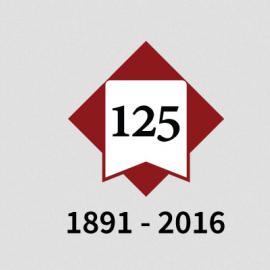Reviel Netz
Reviel Netz
Sadie Dernham Patek Professorship in Humanities
Professor of Classics and by courtesy of Philosophy
Prof. Netz's main field is the history of pre-modern mathematics. His research involves the wider issues of the history of cognitive practices, e.g. visual culture, the history of the book, and literacy, and numeracy. His books from Cambridge University Press include The Shaping of Deduction in Greek Mathematics: a Study in Cognitive History (1999, Runciman Award), The Transformation of Early Mediterranean Mathematics: From Problems to Equations (2004), and Ludic Proof: Greek Mathematics and the Alexandrian Aesthetic (2009).
He is also the author of the translation and commentary of the works of Archimedes, also with CUP, a three-volume work of which the first has appeared, The Two Books on Sphere and Cylinder (2004). Together with Nigel Wilson, he prepares the edition of the recently rediscovered Archimedes Palimpsest (evidence from which already gave rise to two major discoveries: a text showing actual infinity in Archimedes, published in SCIAMVS 2001-2002, and a text showing, possibly, combinatorics in Archimedes, published in SCIAMVS 2004.) Two volumes, Transcription and Critical Edition, are forthcoming from the British Academy, of which the transcription is already available online. His popular book on the Archimedes Palimpsest Project, The Archimedes Codex, (co-authored with William Noel, Neumann Prize) was published by Widenfeld and Nicolson, 2007, and is translated into 20 languages.
Related to his research in cognitive history is his interest in ecological history, and he has published Barbed Wire: an Ecology of Modernity (Wesleyan University Press, 2004, finalist for PEN award). Reviel Netz is also a poet (Adayin Bahuc, 1999 Shufra: Tel Aviv, AMOS prize), one of a group of Hebrew poets active today whose work revives formal verse and he is the co-author, together with his wife, the Israeli author Maya Arad, of a collection of essays on Israeli literature, Positions of Stress (Meqom Hata'am, 2008 Axuzat Bayit: Tel Aviv).








